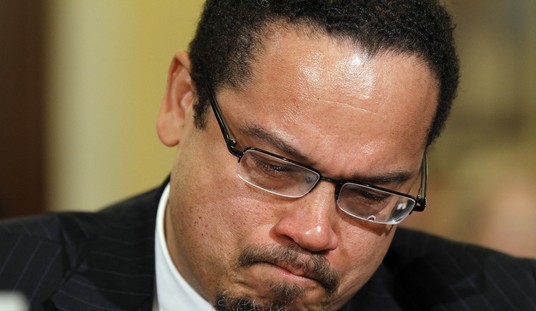“I’m at the breaking point,” said Gretchen Gardner, an Austin artist who bought a 1930s bungalow in the Bouldin neighborhood just south of downtown in 1991 and has watched her property tax bill soar to $8,500 this year.
“It’s not because I don’t like paying taxes,” said Gardner, who attended both meetings. “I have voted for every park, every library, all the school improvements, for light rail, for anything that will make this city better. But now I can’t afford to live here anymore. I’ll protest my appraisal notice, but that’s not enough. Someone needs to step in and address the big picture.”
I’m really just bringing this to your attention for this quote alone. Voting and paying are different endeavors entirely. Often, when one has to pay for the things one has voted to fund, that decision becomes less flippant. This is a comment, less on the specifics of Texas’ or Austin’s tax system than the blaring disconnect between liberals in Austin who are voting for higher taxes and the actual paying of the taxes. Which, as it turns out, is painful, discouraging, and can be a detriment to the fabric of the city.
In Texas, there are more than 3,900 localities that impose property taxes, including school districts, counties, and special districts. Texas’ property tax burden has grown from approximately 1 percent of value in the early 1980s to nearly 3 percent today.
The rising burden from property tax is worse for the housing-rich but income-poor elderly homeowners. For example, elderly homeowners tend to move more often to reduce their property tax burden, which is an additional cost of owning a home for those who can least afford to move.
Interestingly, another reason voters hate property taxes is because they are more “salient.” A salient tax means that the burden is transparent, easy to understand, and hard to avoid. If paid directly, property taxes are found to be more salient compared with sales taxes applied at checkout or income taxes withheld from a paycheck.
In 2012, the free-market think tank suggested swapping the local property tax for a sales tax:
New research suggests that if Texas eliminates its local property tax system, ranked as the 14th most oppressive in the nation, and instead replaces those lost revenues with an adjusted sales tax, then the ensuing flood of capital investment and business activity could ignite the Texas economy for years to come.
That’s right, just by changing how Texas governments collect public dollars—but not how much they spend—the Legislature can give the economy and people’s wallets a major boost.
By how much, you ask? Our estimates suggest quite a bit.
Either way, I don’t think Gretchen Gardner is ever going to make the connection between her voting pattern and her bill.







Join the conversation as a VIP Member